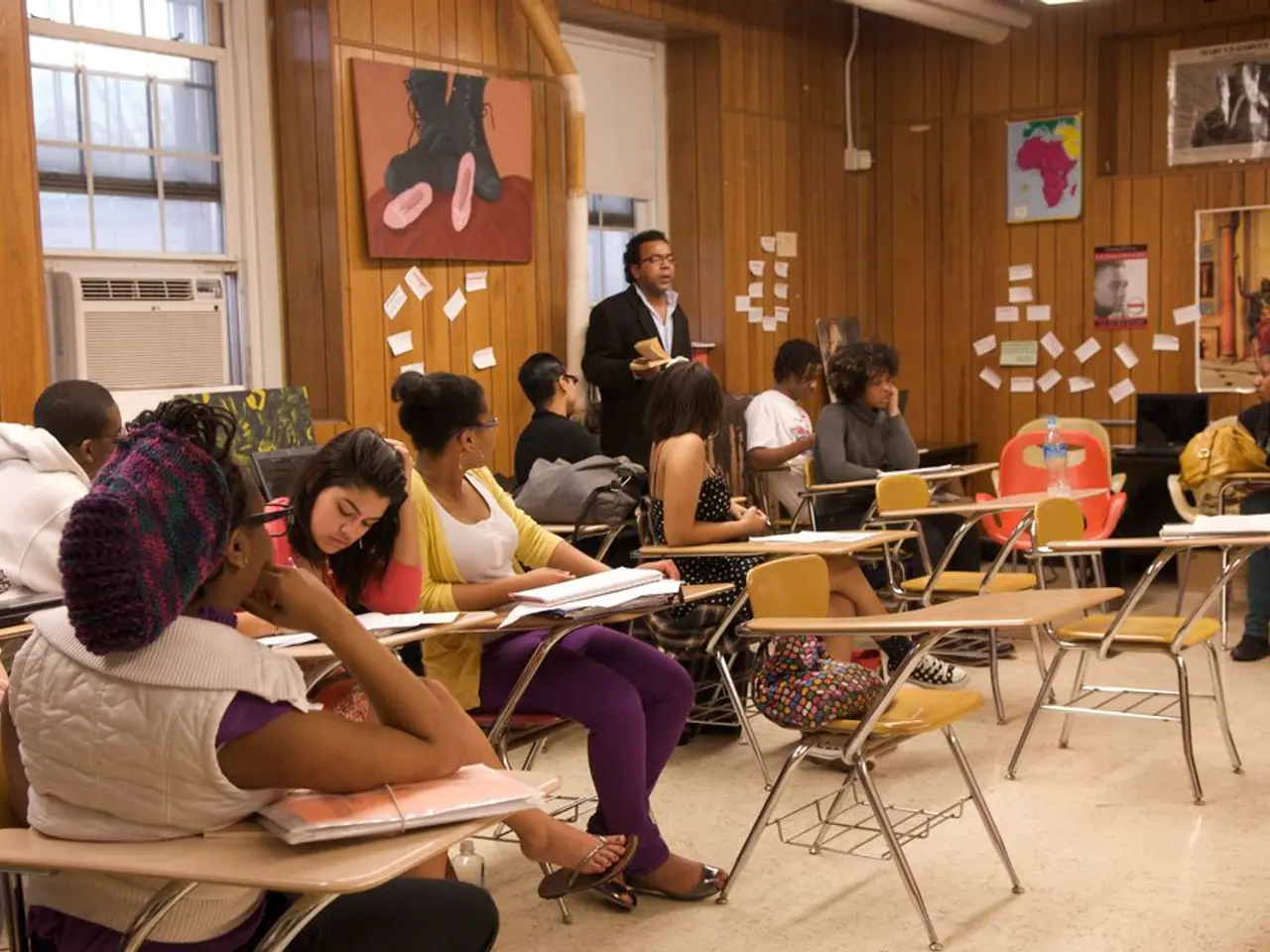Improving Proficiency via Collaborative Continuing Education
Participatory Professional Development (PPD) is a revolutionary approach to educational training that emphasizes collaboration, active involvement, and shared learning among educators. Central to this approach are the principles of mutual respect and empowerment.
This contrasts with traditional models that often dictate content and methodologies from a singular authority. PPD, on the other hand, prioritizes the participation of all stakeholders, fostering a community focused on collective growth and improvement.
To address the challenges faced by educators, institutions may consider developing targeted training, creating flexible schedules, and building a supportive culture that encourages innovation and risk-taking among educators.
Strategies for implementing PPD include organizing regular workshops, integrating technology, and providing sustained support after initial training. Online repositories of knowledge enable educators to curate and disseminate best practices. Technology enhances resource sharing through platforms designed for professional learning communities.
Digital tools like video conferencing software and collaborative applications enhance real-time interaction and feedback. Community of practice frameworks consist of groups that share a common interest in improving their practices through regular interaction. Online platforms facilitate communication among educators, allowing them to share experiences, insights, and strategies effectively.
One key element of PPD is the belief that educators are active agents in their own learning processes. This is reflected in teacher-led learning communities, where teachers select focus areas based on student data or personal goals, conduct lesson study cycles, engage in peer observations using non-evaluative protocols, and lead professional development sessions for peers.
Collaborative Professional Learning Communities (PLCs) combine inquiry-oriented and results-oriented approaches. Teachers identify issues, analyze student data, set essential learning targets, and collaboratively design interventions. Shifting from isolated teaching to a shared responsibility model promotes collective efficacy and instructional improvement.
Context-sensitive, needs-driven PD is another crucial strategy. This involves designing professional development that is responsive to teachers’ specific school contexts and professional needs. Activities such as targeted training sessions, structured self-reflection, and collaborative workshops encourage sustainable growth and alignment with instructional goals and curricular content.
Strong instructional leadership plays a critical role in PPD. Leaders provide direct coaching, facilitate peer coaching and mentorship, conduct regular classroom observations with constructive feedback, and ensure PD is grounded in evidence-based practices. Leaders cultivate a supportive culture reducing teacher isolation and fostering continuous learning.
The development of equity-focused skills and mindsets is also essential. This ensures that professional development is aligned with equitable and culturally responsive practices. Preparing educators to create environments of trust and belonging, build partnerships with families and communities, and adapt teaching to the contextual realities of learners is crucial for PPD's success.
Experiential and reflective learning opportunities are also important. Incorporating rich, experiential learning, practice-based assessments, cycles of inquiry and reflection, and use of diverse teaching strategies that support individual learner needs provides time and space for professional communities to interact and grow practice collaboratively, supporting deeper engagement and transfer of learning.
Collectively, these strategies create participatory, learner-driven professional development that enhances teaching quality, supports teacher retention, and ultimately improves student outcomes by fostering a culture of continuous professional growth embedded in collaboration and reflection. Institutional support, policy alignment, and resource allocation are essential to sustain these efforts over time.
- Incorporating e-learning platforms and collaborative applications can enable educators to effectively share experiences, insights, and strategies within learning communities, promoting personal growth and education-and-self-development.
- To ensure long-term success of Professional Development (PPD), institutions can foster a culture that prioritizes learning through experiential and reflective opportunities, equipping educators with equity-focused skills and mindsets for continued personal growth and improvement of educational outcomes.




